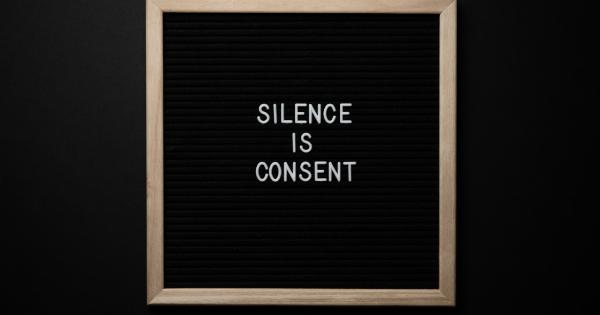Children are susceptible to various health conditions, including anemia and gastroesophageal reflux disease (GERD).
Anemia is a medical condition characterized by low levels of red blood cells or hemoglobin, which can lead to fatigue, weakness, and shortness of breath. GERD, on the other hand, is a digestive disorder that causes stomach acid to flow back into the esophagus, leading to heartburn, chest pain, and other symptoms.
Causes and Symptoms of Anemia
Anemia in children can be caused by different factors such as a diet low in iron, blood loss (due to injury or menstruation), chronic diseases that affect red blood cell production, and genetic disorders.
The most common type of anemia in children is iron-deficiency anemia, which can result from inadequate dietary iron intake, malabsorption, or increased iron requirements.
Symptoms of anemia in children may include pale skin, fatigue, weakness, irritability, rapid heartbeat, and shortness of breath. In severe cases, anemia can lead to developmental delays, learning difficulties, and behavioral problems.
Causes and Symptoms of GERD
GERD in children is caused by the weakening of the lower esophageal sphincter, a muscular valve that separates the stomach from the esophagus.
This can allow stomach acid to flow back into the esophagus, resulting in irritation, inflammation, and damage to the lining. Factors that can contribute to GERD in children include obesity, poor diet, and certain medical conditions such as asthma and cerebral palsy.
Symptoms of GERD in children may include heartburn, chest pain, oral ulcers, regurgitation, and vomiting.
In severe cases, GERD can lead to esophagitis, a condition characterized by inflammation and damage to the esophageal lining, and Barrett’s esophagus, a precancerous condition that increases the risk of developing esophageal cancer.
Treatment Options for Anemia and GERD
The treatment of anemia in children depends on the underlying cause and severity of the condition. In cases of iron-deficiency anemia, oral iron supplements may be prescribed to replenish iron stores.
In some cases, blood transfusions may be necessary to correct severe anemia. A balanced diet rich in iron can also help prevent anemia in children.
The treatment of GERD in children focuses on reducing symptoms and preventing complications. Lifestyle changes such as weight loss, avoiding trigger foods, and eating smaller, more frequent meals can help alleviate symptoms of GERD.
Medications such as proton pump inhibitors and H2 blockers can also be prescribed to reduce stomach acid production and relieve symptoms of GERD in children.
Prevention of Anemia and GERD in Children
The key to preventing anemia and GERD in children is a healthy lifestyle. A balanced diet rich in iron and other essential nutrients can help prevent anemia in children.
Parents should encourage their children to eat plenty of iron-rich foods such as red meat, poultry, fish, beans, lentils, and fortified cereals. Parents should also ensure that their children are getting enough vitamin C, which can boost iron absorption.
To prevent GERD in children, parents should encourage healthy eating habits, including avoiding foods that trigger symptoms of GERD, such as spicy and fatty foods.
Parents should also encourage their children to maintain a healthy weight and avoid eating before bed. Elevating the head of the bed can also help prevent acid reflux in children during sleep.
Conclusion
Anemia and GERD are common health problems in children. Anemia can be caused by different factors, including inadequate dietary intake of iron, blood loss, chronic disease, and genetic disorders.
GERD, on the other hand, is caused by the weakening of the lower esophageal sphincter and can lead to heartburn, chest pain, and other symptoms.
The treatment of anemia and GERD in children depends on the underlying cause and severity of the condition. A balanced diet rich in iron and other essential nutrients, along with healthy lifestyle habits, can help prevent anemia and GERD in children.
Parents should consult their healthcare providers if they suspect their child has anemia or GERD.




























